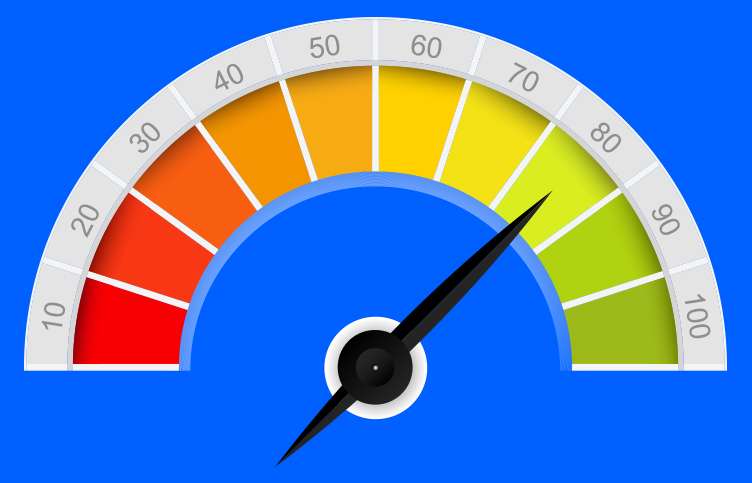What does an IVA mean for my future?
For individuals facing financial issues, an individual voluntary arrangement (IVA) may be a suitable option for resolving the problems. The IVA is a formal, legally-binding agreement that can last anywhere between five to seven years – possibly less for those that can pay a large sum of money towards their debts. The procedure must be supervised by an insolvency practitioner (IP). As such, Business Rescue Experts – leading IPs in the UK – are outlining what you can expect when entering an IVA.
What does it mean?
The IVA was introduced as an alternative to the threat of bankruptcy, but is still legally-binding between the person and their creditors. As such, this is often the best procedure for individual with assets, providing breathing space to gain control over finances and suspending further legal action. For those that have unsecured loans, credit card debts or personal loans – we suggest looking into the possibilities of an IVA.
If you do settle on this route, the services of an insolvency practitioner will be required. They will help produce the proposal for the procedure, outlining reasonable repayments for your debts. Before doing so, you must disclose all financial information to produce realistic monthly repayments. Once 75% of creditors have agreed to the terms, you can begin making the payments, with the IP ensuring all parties stick to the agreement.
Will it cost?
An individual voluntary arrangement is certainly not a ‘free’ procedure, but it will cost less in terms of stigma than bankruptcy. As mentioned above, an IP is required, therefore incurring fees for their services. However, the regulations are different, as some may expect fees upfront and others will include their fees in your monthly repayments.
It’s also important to note that you will be placed on a public register, detailing the reasons for the IVA. This information with be displayed alongside your name, address, DOB and occupation. For those that work in the financial sector, you must be aware of the consequences of entering the procedure when it comes to future employment.
How long does it last?
We touched on the timeline above, but, generally, the process can last around five to seven years. However, the duration depends on your ability to make monthly repayments, and the amount you can afford. If you can offer a lump sum to your creditors, it can take less than five years. It’s likely you will need to remortgage your home or any property you own, but if you can’t, creditors will, usually, expect you to pay for an additional 12 months. The criteria, however, may be subject to change based on the individual requirements. Those who want to learn about it in detail may be interested to know that Fresh Start offer IVA advice that they can seek.
What are the benefits?
There are many advantages to an IVA, particularly as it is less reputationally damaging than that of bankruptcy. Other benefits to the procedure include:
- The IVA will, typically, last no more than seven years
- Further action is suspended as a creditor cannot ask for any more payments, or harass you for additional sums
- The IVA does offer protection for individuals with assets
- You can improve your credit rating once completed
- Creditors, generally, recoup more with an individual voluntary arrangement, as opposed to bankruptcy
- As it is legally-binding, there are no hidden surprises, and you will know your payments for each month
- An IVA will not affect your professional status as much as bankruptcy
After the IVA, you will be able to gain and improve credit. During the procedure, a note will be made on your credit file, but that will be removed once you have made your repayments. Similarly, if you are a director of a company, you do not have to resign or lose the position when entering an IVA. However, we do suggest you seek advice at the earliest possible opportunity to ensure you come to the correct conclusion for your situation.





